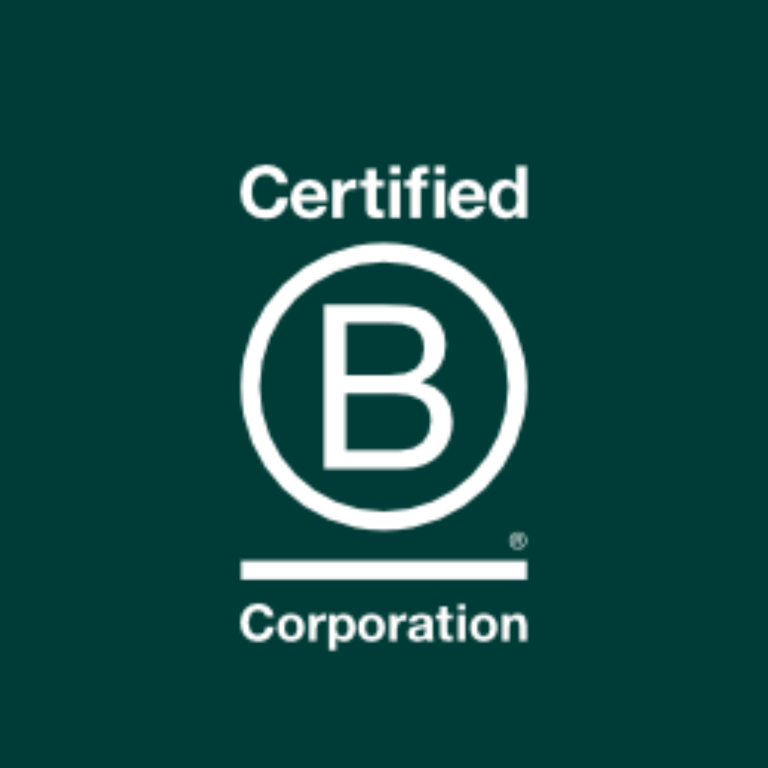Since the 2006 Companies Act, quoted companies have been required to report on social, environmental, employee and community issues, although essentially deciding for themselves what would and would not be reported. This corporate social responsibility (CSR) reporting has generally focused on community-based charitable activities and donations, and despite the efforts of dedicated CSR professionals working in firms, has traditionally been seen as secondary, even peripheral, to the ‘core business’. Not so long ago, it was possible to separate completely what made a business successful financially, from the societal context in which it operated. Neither of these old ideas remain true. For a combination of social, political, economic and now, COVID-19-generated reasons, the meaning and language of corporate responsibility has decisively changed. In essence, corporate leaders cannot ‘just’ deliver strong financial results, publish an annual CSR report, and think ‘job done’.
Time for a re-set?
“It’s time for a new deal that protects public services, tackles inequality in our communities, provides secure well-paid jobs and creates a shockproof economy which can fight the climate crisis.”
Build Back Better UK
A decisive shift in opinion in business and civic society was articulated by the Financial Times’ first editorial campaign in 12 years — ‘Capitalism: Time for a Reset’ (launched in September 2019), and more recently, in civic society movements like the pandemic-inspired #BuildBackBetter. If a firm did NOT provide a corporate response to this year’s ‘Black Lives Matter’, they were an outlier, and risked causing their own people to draw unwelcome conclusions. This is new: an expectation of public articulation of ‘where you stand’ comes with the corporate territory in the 2020s, along with being called out if the actions do not match up to the espoused values. For example, Amazon’s tweet of a statement expressing solidarity with black communities brought near-instantaneous criticism for both its selling of facial-recognition technology to law enforcement agencies, and endemic and extreme under-representation of black professionals in their own workforce.
The Financial Conduct Authority (FCA) has been insisting that ‘why’ (aka: ‘Purpose’) and ‘how’ (aka: ‘Culture’) insurance firms do what they do is at least as important as financial metrics for a while. Expressed differently, and with a focus on market integrity, customer outcome and drivers of harm, the FCA’s ‘Culture Matters’ narrative is recognisably in tune with these big shifts in what it now means to be a sustainable, successful firm. This is just one example of how we’re seeing what looks like a merging of corporate governance with evolving ideas of CSR.
From CSR to social licence
Companies will face escalating social activism by investors, stakeholders, social mission organizations, and policymakers on issues of climate risk, economic inequality, and societal wellbeing. Governments and local communities will set a higher bar for a company’s right to operate, and … a company’s local performance will quickly affect its global reputation and trigger social and regulatory consequences.
David Young, Wendy Woods & Martin Reeves
Optimise both Social & Business Value, BCG Henderson Institute, June 2019
In recent years, the language of CSR has moved on to the idea of a ‘social licence’ or ‘social licence to operate’ (SLO): Mark Carney, in his 2015 Mansion House speech and speaking specifically about financial markets, put it as “… (the) need to retain the consent of society – a social licence – to be allowed to operate, innovate and grow”. The core idea is that institutions and companies don’t just need regulatory permission, but also “social permission” to conduct their business. Whatever the outcomes – and the rights and wrongs – we know that the FCA test case is a social licence flashpoint for insurance, just as the 2008 crash and associated scandals and austerity was for banking. It’s also a great illustration of why unlisted companies – the majority of insurance firms in the UK, by number – also need to be deeply aware of the social context in which they operate, despite not being subject to the same 2006 Companies Act reporting requirements. Perceptions of accountability, transparency and social justice are organisationally agnostic. Mistrust is contagious. Reputation damage is borderless.
How is corporate social responsibility articulated in insurance?
Allianz is an example of an insurance organisation unambiguously setting out its ambitions for anyone looking at their website. They define themselves as ‘…a committed corporate citizen’ which for them means the following:
- We’re committed to being a socially responsible business and a trusted partner for our employees, partners and customers.
- Whether providing insurance or investing our customers’ insurance premiums, we consider the environmental, social and governance (ESG) risks associated with such transactions and the impact that these will have.
- Our corporate responsibility activity is based around making our customers, employees and society more resilient.
- We aim to lead our industry by embedding strong environment, social and governance (ESG) standards into our everyday decision-making across our insurance and investment businesses.
They break down their focus into four ‘pillars’:
- Customers
- Employees
- Products
- Charity Support
The table below sets out the activity area for each of the pillars — essentially, where they both define what committed corporate citizenship means and where their effort is focused – and the metrics sources used, where stated (on their website). Though very light on actual targets and achievements (on the website at least), it is possible to pull together a basic picture of what matters to Allianz in defining and living up to its ambitions on CSR. As a checklist, it’s a good place to start for any insurance firm, big or small, and anywhere in the value chain.
Table: Allianz: Defining A Committed (Insurance) Corporate Citizen
| Pillar | Activity Area | Metrics sources |
| Customers | Customer Satisfaction | Net promoter Scores (NPS) |
| Employees | (1) Diversity & Inclusion
(2) Engagement & Wellbeing |
Inclusive Meritocracy Index (IMI); Work Well Index (WWI); Employee Engagement Index (EEI) |
| Products | (1) ESG screening for investments
(2) Green Solutions (3) Fraudulent Claims (4) Procurement (5) Annual compliance training & regulatory testing for employees |
—
— — — Supplier & Vendor analysis |
| Charity Support | Hours; donations | — |
Source: Allianz UK web site, August 2020
Notes: (1) IMIX: measures progress towards a culture where people and performance both matter; (2) WWI: allows analysis of the root causes of work-related stress and identify solutions; (3) EEI: how engaged employees are. These are proprietorial Allianz measures.
At GreenKite, we firmly believe that big chance in society – where our consumers and customers, our partners, future colleagues and regulators ARE — inevitably profoundly impacts insurance. We think that successful, growth-oriented firms in the 2020s will look, think and act differently to the norms with which many of us have grown up and which have felt unchangeable. Leaders at all levels, in all functions, and especially those aspiring to Board, are working in a world of the social licence, which not only means having a view on key themes like inclusion, employee wellness, ESG (environmental, social and corporate governance)and ‘green insurance’ solutions, it means being fully prepared to ACT.






